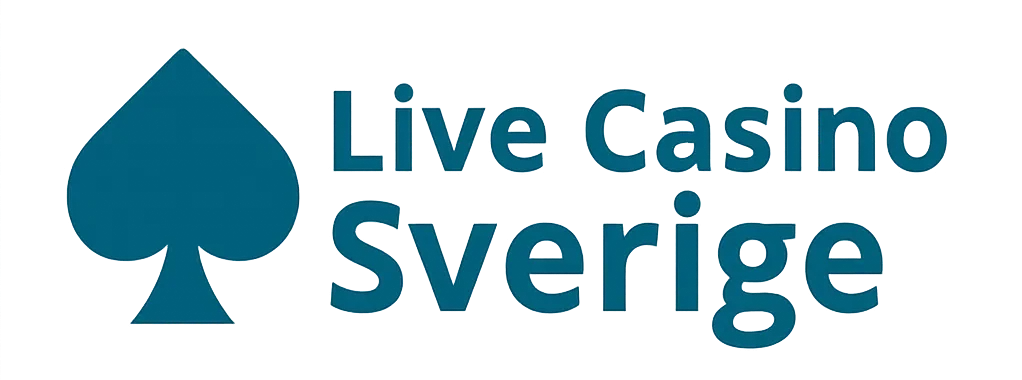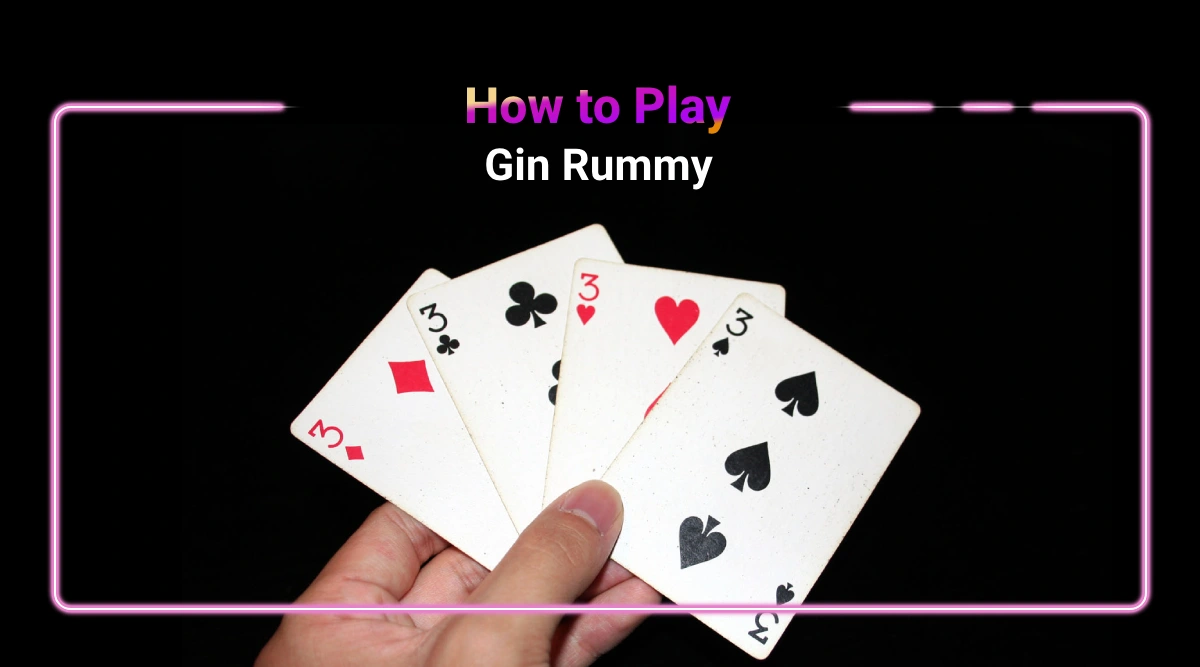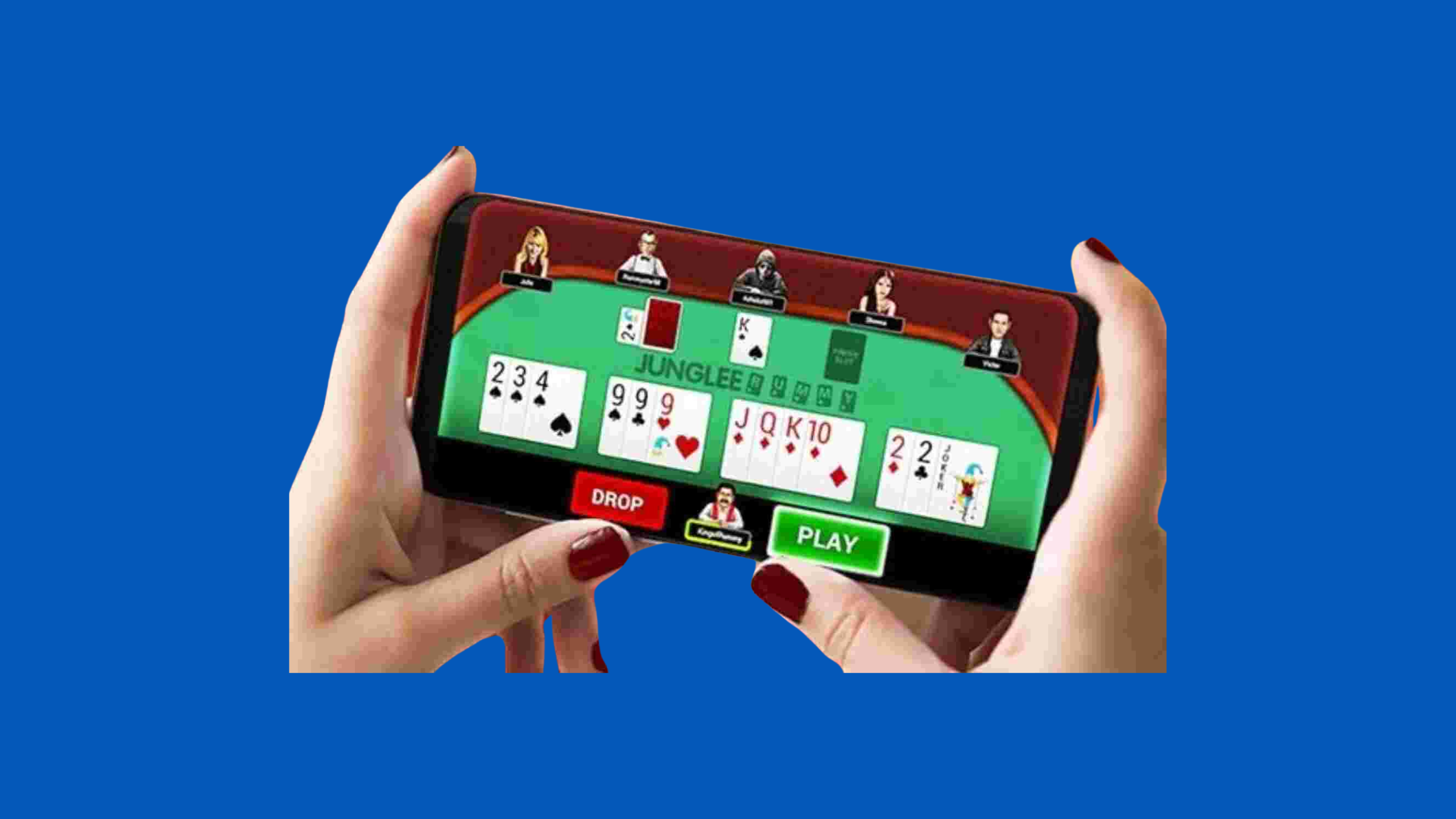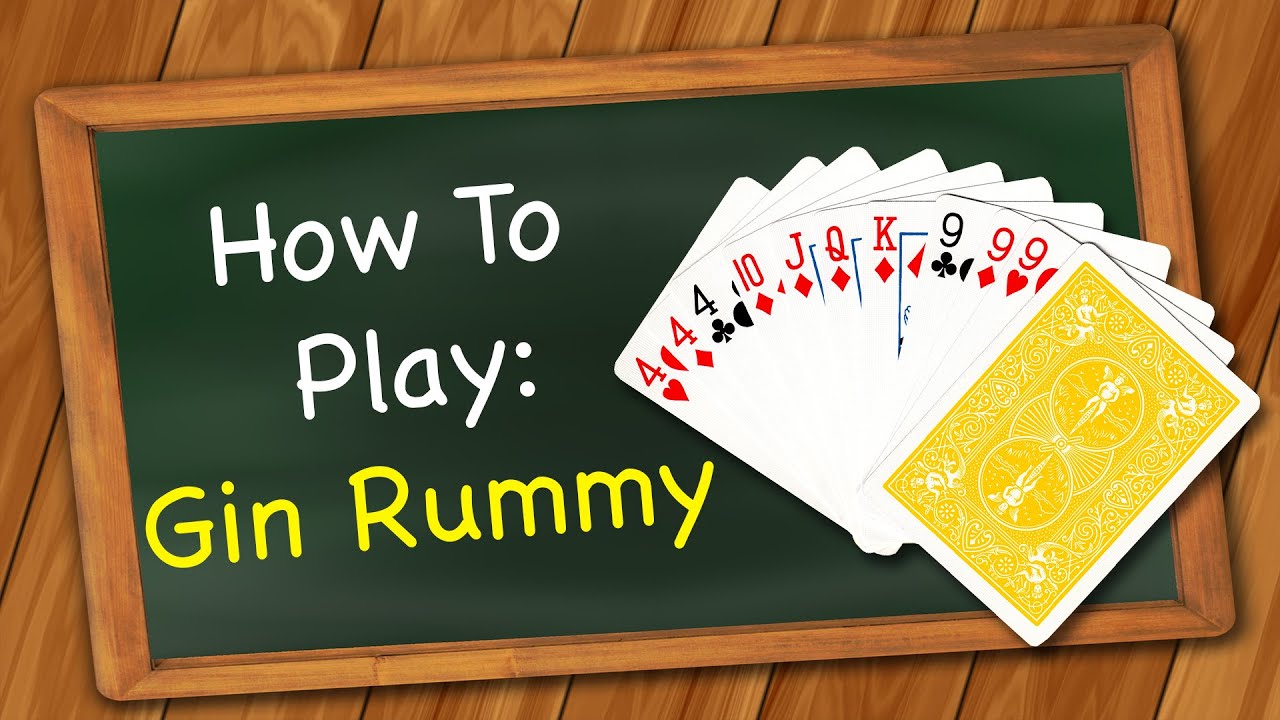Rummy’s been around for ages—like that trusty old coffee mug you can’t let go of. But here’s the thing: not all rummy games are the same. The 13-card and 21-card versions? Totally different beasts. Let’s break it down, no fluff.
The Basics: What’s the Deal with Each Game?
First off, both games are about forming sets and sequences. But the devil’s in the details—or in this case, the number of cards.
13-Card Rummy
This one’s the classic. You get—you guessed it—13 cards. The goal? Arrange them into valid sets (three or four cards of the same rank, different suits) and sequences (three or more consecutive cards of the same suit). Simple, right? Well, until you’re one card short of a pure sequence.
21-Card Rummy
Now, this is where things get spicy. With 21 cards in hand, the game’s complexity shoots up. You’re not just dealing with more cards—you’re juggling multiple layers of strategy. Think of it like upgrading from a bicycle to a motorcycle. Faster, riskier, but oh-so-thrilling.
Key Differences: A Side-by-Side Look
| Feature | 13-Card Rummy | 21-Card Rummy |
| Number of Players | 2-6 | 2-4 |
| Cards Dealt | 13 per player | 21 per player |
| Objective | Form sets/sequences with 13 cards | Form multiple sets/sequences with 21 cards |
| Complexity | Moderate | High |
| Game Duration | Shorter (10-15 mins) | Longer (20-30 mins) |
| Popular Variations | Points Rummy, Pool Rummy | Marriage Rummy, Indian Marriage |
See the pattern? More cards mean more chaos—but also more room for big, game-changing moves.
Gameplay: How They Actually Play Out
13-Card Rummy: Quick and Strategic
Here’s how it rolls:
- Each player gets 13 cards.
- You draw and discard to form at least two sequences (one pure, no jokers).
- The rest can be sets or sequences.
- First to declare wins.
It’s like speed chess—every move counts, but the game’s over before you know it.
21-Card Rummy: The Marathon
This one’s a slow burn:
- Players get 21 cards each (yep, that’s a handful).
- You need to form three pure sequences—no shortcuts.
- The remaining cards? Sets or more sequences.
- Declaring takes longer, and the penalties for wrong declarations? Brutal.
Imagine building three houses at once instead of one. That’s 21-card rummy for you.
Which One’s Right for You?
Honestly, it depends on your vibe. Here’s the deal:
- Choose 13-card if you like fast-paced games, quick wins, and less mental strain.
- Go for 21-card if you’re a strategist who loves complex challenges and longer sessions.
And hey, no shame in preferring one over the other. It’s like choosing between espresso and a slow-brewed pour-over—both get the job done, just differently.
Final Thoughts
At the end of the day, rummy’s about skill, patience, and a bit of luck. Whether you’re team 13-card or team 21-card, the thrill of that perfect sequence? Unbeatable.




